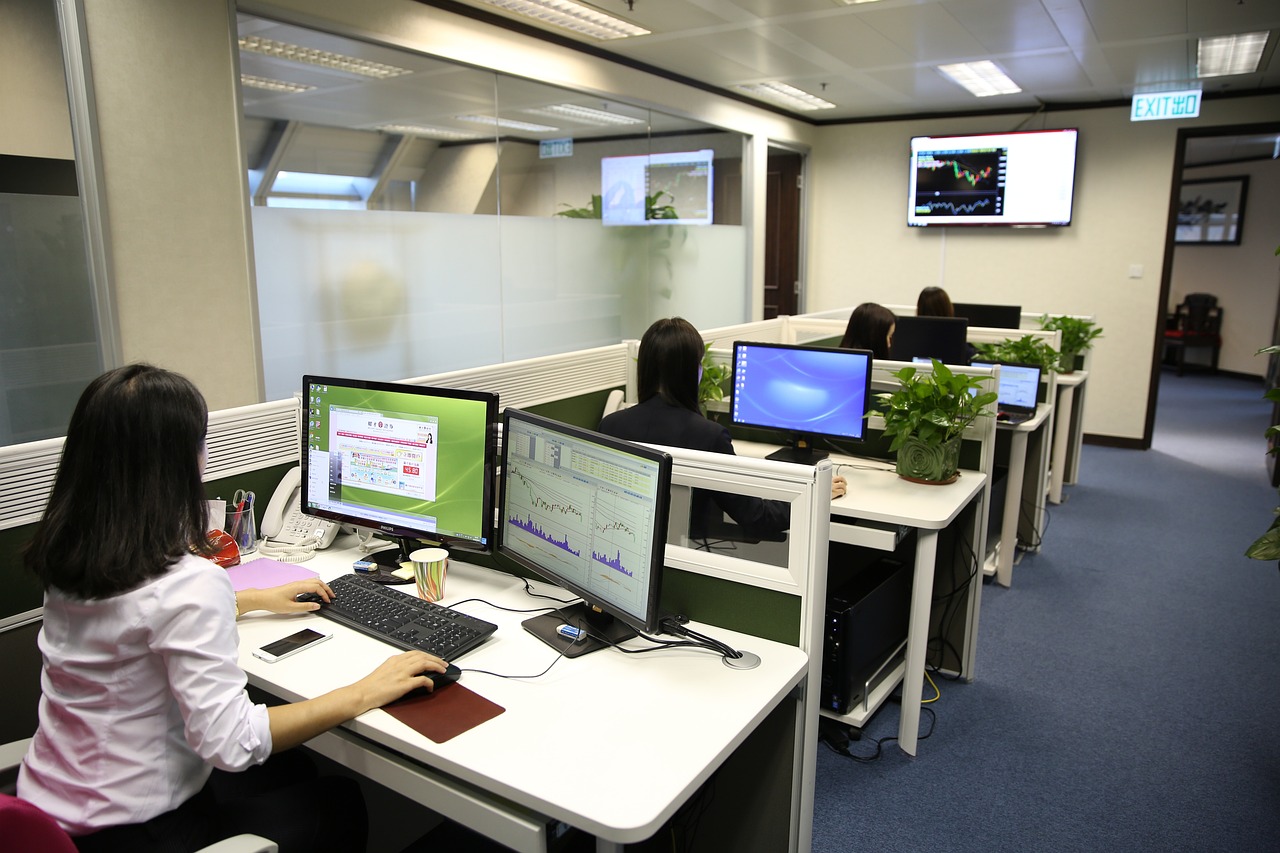
Navigating the Digital Frontier: Unlocking the Advantages of Social Media Education
In today’s digital age, social media has become a crucial part of our daily lives. Understanding how to navigate and leverage these platforms is essential for personal growth, professional development, and societal impact.
• Understanding the Basics of Social Media
Social media platforms like Facebook, Twitter, Instagram, and LinkedIn are not just for sharing personal updates; they are powerful tools for communication and networking. Social media education starts with understanding these basics. Knowing how to use hashtags, tag people, and utilize privacy settings are fundamental skills. Additionally, learning about the different types of content (text, images, videos) and their appropriate uses can help individuals express themselves more effectively. A good grasp of social media algorithms can also aid in amplifying one’s reach and engagement. Basic digital literacy equips people with the foundational tools they need to navigate online spaces and stay safe while doing so.
• The Importance of Cybersecurity
With the convenience of social media comes the risk of cyber threats. Learning about cybersecurity is vital to protect personal information from hackers and scammers. Social media education often includes lessons on creating strong passwords, recognizing phishing attempts, and setting up two-factor authentication. People must be aware of the dangers of oversharing personal information, which can lead to identity theft or unwanted attention. Understanding privacy settings and learning how to report suspicious activity are crucial components. Cybersecurity education not only protects individuals but also raises awareness about ethical behavior online, helping to create a safer digital environment for everyone.
• Building a Personal Brand
In a competitive market, standing out is essential. Social media offers a platform to build and promote a personal brand. This involves curating content that reflects one’s professional skills, interests, and values. It’s not just about self-promotion; it’s about creating a consistent and authentic image. Learning how to use LinkedIn for networking, Twitter for industry news, and Instagram for showcasing creativity can be incredibly beneficial. A well-rounded social media education teaches individuals how to create a cohesive online presence that can attract job opportunities, collaborations, and mentorships, effectively turning social media profiles into digital business cards.
• Enhancing Social Skills and Emotional Intelligence
Effective communication on social media involves more than just writing posts. It’s about engaging with others in a meaningful way. Social media education can help people improve their online social skills by teaching them to listen, respond thoughtfully, and understand different perspectives. Programs often include lessons on empathy and emotional intelligence, which are crucial for constructive interactions. It’s important to understand the tone and context of online conversations, as miscommunication can lead to conflicts. By learning how to manage interactions diplomatically, individuals can foster positive relationships and build a supportive online community.
• Utilizing Social Media for Learning and Development
Social media isn’t just for entertainment; it’s a valuable resource for continuous learning. Platforms like LinkedIn Learning, Facebook Groups, and Twitter chats provide access to educational content and industry insights. Social media education encourages the use of these resources for professional development. Following industry leaders, joining relevant groups, and participating in webinars can provide new knowledge and skills. This approach turns social media from a mere pastime into a tool for growth and self-improvement. It bridges the gap between informal social interactions and formal education, offering a hybrid model of continuous learning.
• Creating Impact Through Social Media Campaigns
One of the powerful aspects of social media is its ability to create social change. Effective social media campaigns can raise awareness, influence public opinion, and mobilize action. Learning the skills to create impactful campaigns is part of advanced social media education. This includes understanding target audiences, crafting compelling messages, and measuring the effectiveness of campaigns. Case studies of successful social movements like #MeToo or #BlackLivesMatter can provide valuable lessons. Being knowledgeable about campaign strategies enables individuals and organizations to champion causes, drive initiatives, and bring about positive change through their digital influence.
• Navigating Ethical Considerations
With great power comes great responsibility. The widespread influence of social media raises ethical issues, including fake news, cyberbullying, and data privacy. A comprehensive social media education addresses these concerns by promoting ethical behavior online. This includes understanding the consequences of sharing false information, respecting others’ privacy, and navigating the ethical dilemmas of digital marketing. Education programs can provide guidelines for responsible online behavior, encouraging transparency and accountability. By fostering an ethical mindset, individuals contribute to a more respectful and trustworthy digital community, which is essential for the long-term health of social media ecosystems.
• Conclusion
In summary, social media education is crucial for unlocking the full potential of digital platforms. It begins with understanding the basics and extends to cybersecurity, personal branding, and beyond. Through enhanced social skills and emotional intelligence, individuals can navigate online interactions more effectively. Utilizing social media for learning and development transforms it into a tool for continuous growth. By learning to create impactful social media campaigns, individuals and organizations can drive social change. Ethical considerations ensure that digital spaces remain safe and respectful. Ultimately, social media education empowers individuals to harness the benefits of these platforms responsibly, contributing to their personal and professional success, and fostering a healthier digital environment for all.



